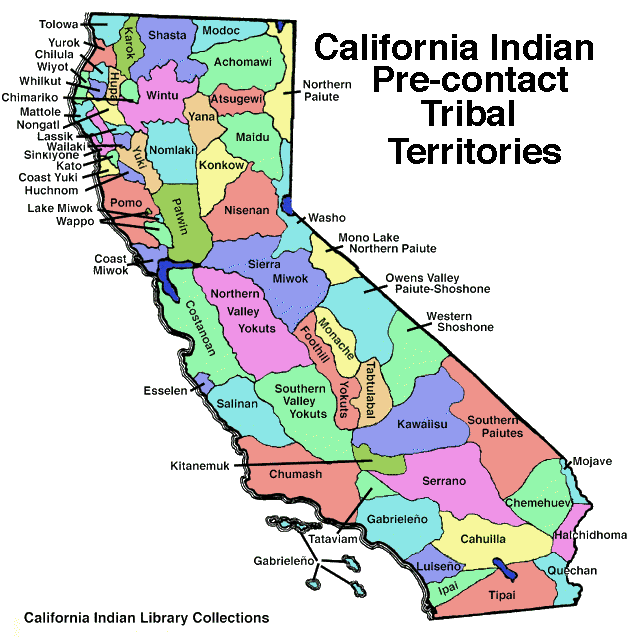Have I mentioned that I thought CDFG does an extremely thoughtful, honest job and was very respectful of wildlife in general and beavers in particular? Sorry, just wanted to know how it felt to type that. It’s opposite day. I’m perfectly sure I mentioned the other thing.
Well RL has been working on research of the California Fur Rush to document just where beavers were historically, and came across this paper, from Factless & Guilty describing the reintroduction of beavers in the 1930’s. Brace yourself for the author’s name and tell me that’s not destiny. You see the Mendocino reintroduction wasn’t a special case, this was happening all over the state. After the fur trade killed nearly all the beavers, there were none as far as the eye could see. Seems people had started to notice that without beavers the watershed doesn’t work as well.
“It is now understood that soil erosion and shortage of water in some places resulted from the destruction of the beavers, which formerly built, and kept in repair, dams on the upper reaches of many streams. The dams were the effective means of impounding water of the spring runoff, and distributing them slowly downstream through the summer.”
Tappe 1941
That was a great sentence, Mr. Tappe. Can I just pause a moment and enjoy the wisdom embedded in that sentence? Sigh. Unfortunately he keeps writing, summarizing the horrifically greedy fur trade forrays and the loss of beaver from everwhere. He describes the historic presence of beaver, and says:
However, as far as could be learned, these animals confined themselves to the parts of the stream below the 1000 foot level.
Got that? No beavers above the 1000 foot elevation originally. No beavers in Tahoe, or the Sierras, or Yosemite. No beavers on Mt. Diablo or Mt. Lassen. No beavers but the ones WE put there. Fish and Game has spoken in its infinite wisdom, every other naturalist in the world writes down this fact and puts it in books that get quoted. So that 70 years later they are killing beavers in Kings Beach because they’re “not native.”
You know what’s funny about that “native” word? There were these people here, before fish & game, before the trappers, before the missionaries. They like to think of themselves as Native. I’m thinking there must have been tribes above 1000 feet with lore/language/artwork that proves they lived with beaver. Lets look at what they have to say:

Hmmm, A.L. Kroeber is considered the expert on California Natives, my Dad pointed me to this book, which is partially online at the Yosemite Library. Handbook of Indians of California 1919. Chapter 30 talks about the Miwok tribe, which stretches from the central coast all the way to the Sierras. The Miwok are interesting to Kroeber because of their particular spiritual/lineage beliefs
With the Miwok we encounter for the first time a social scheme that recurs among several of the groups to the south: a division of the people into balanced halves, or moieties, as they are called, which are totemic, and adhesion to which is hereditary. The descent is from the father, and among the Miwok . the moieties were at least theoretically exogamic. The totemic aspects of these moieties are refined to an extreme tenuousness, but are undeniable. Nature is divided into a water and a land or dry half, which are thought to correspond to the Kikua and Tunuka moieties among the people.
So everyone and everything belongs to either the “land” moiety or the “water” moiety, and Kroeber kindly goes on to list which animals are classified in which group. Guess what’s on the list? Beaver, (water obviously) But he also notes that for the Yokuts the assignments with regard to beaver were reversed. This means all the Miwok used the beaver’s totemic meaning. Why would they do this if they had never seen a beaver? Thanks Dad!
The Modoc used beaver teeth as dice.Many burials around this area included the addition of a beaver mandible for ceremonial purposes. There are linguistic papers documenting the vocabulary of the word beaver from the Sacramento Valley to the Klamath.
For instance, beaver is unanalyzable Yurok teguuk, Hupa chwa’, but in Karuk it is sah-pihnîich ‘by.the.river–old.man’.
(Isn’t that a great name? By-the-River Old-Man!) Okay, not convinced beaver were above 1000 feet? How about this rock painting from the Tule Reservation, located at an elevation of 1600 feet and estimated to be between 500-700 years old.
That should do it. High-five everyone! Day of Research produces! Breakout the champagne and the willow leaves! Okay, I feel we’ve successfully laid to rest the spurious clam that there were no beaver above 1000 feet. I’ll expect your retraction and apology in the morning. In the mean time what’s this? On the new Fish & Game website?
Non-Native & Nuisance Terrestrial Vertebrates
Check out the mammal section.
| Castoridae (Beavers) | |||
| Castor canadensis |
*Some populations were introduced into the Sierra Nevada and Southern California from stock taken from Oregon and Washington. |
||
Sigh. Time for a class action lawsuit?








































